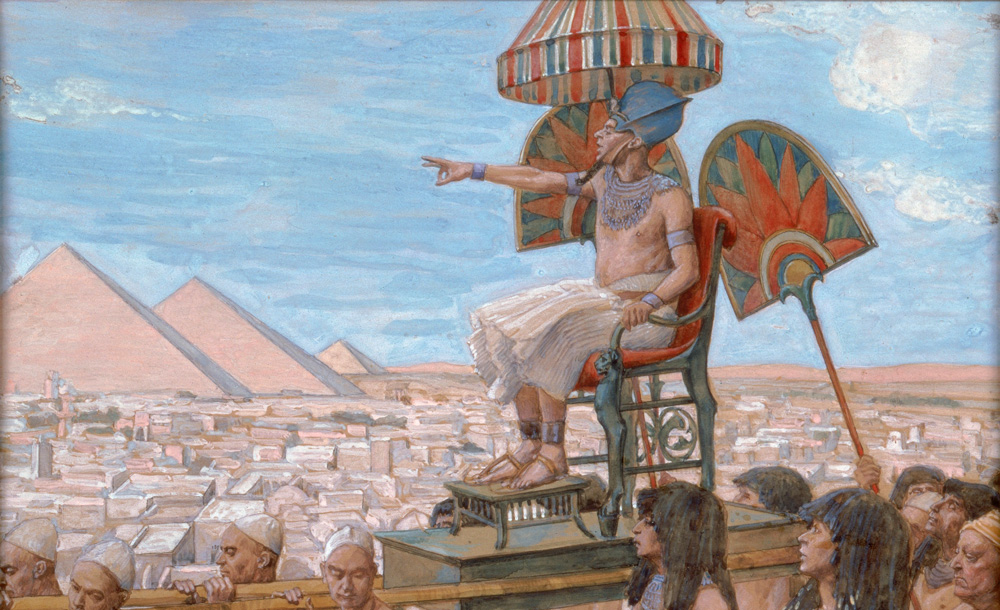Moses
Akhenaten suppressed the worship of all deities except the sun-disk god.
You can hear the man’s voice as he keeps changing his mind. What’s the point of such a Shakespearean portrayal?
The ancient Jewish historian Josephus is best known today for his Jewish Wars, which chronicles the great revolt against Roman rule in Judea (in which. . .
“The thing that does matter is that the Torah came from God. This is absolutely essential. At the same time, this is a claim not. . .
The opening of the book of Leviticus shows how Moses’ greatness stems in large measure from his humility.
Judaism's most original contribution to the understanding of human well-being can be found in a single place: the social vision of Moses.
Why was Moses denied entry to the land, and why were his powers divided? Because great leaders are subservient to the greater purposes they serve.
Moses could confront the wayward children of Israel; Aaron was a peacemaker. Both are crucial components of successful political rule.
Some Reform rabbis have taken to justifying intermarriage by invoking an utterly fanciful biblical prototype; they couldn’t have picked a more damaging or counterproductive religious strategy.
In preparation for the exodus from Egypt, an apparent non-sequitur in this week’s Torah portion points to a crucial shift in the Israelite leadership:. . .
The Torah is silent on the details of Moses’ forty-year year sojourn in Midian, suggesting a period of ascetic retreat that God forces him. . .
By portraying Moses as a unique, inimitable leader, the Bible shifts the emphasis away from the man to the message he communicates—the Law, and God. . .
Miriam’s slander of Moses, and the severity of her punishment for it, suggest that even divine authority can be undermined by cynicism.
To suggest that some verses in the Torah were not written by Moses, as does the medieval commentator Abraham ibn Ezra, is not in and of itself heretical.

